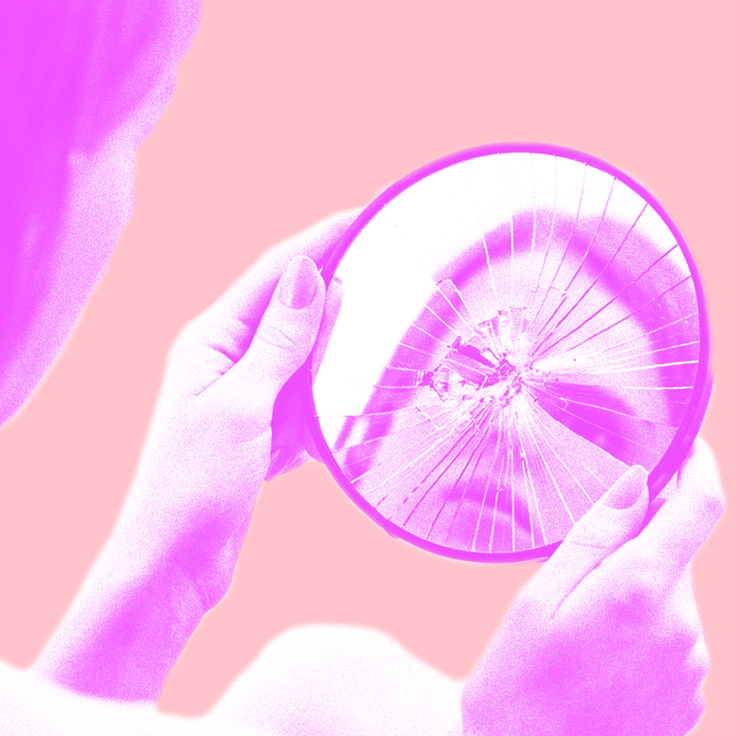TW: This article includes information and reflections regarding eating disorder recovery and habits. Please keep this in mind before reading.
There are a lot of misguided things one can do as a teenager that have life-long ramifications. Drinking, staying out late, sneaking off to places you’re not supposed to be, falling in with the wrong crowd, wearing an absolutely awful dress to your year ten formal.
These behaviours all have consequences, and while still damaging, their effects tend to be more obvious or recognisable than other ill-informed choices.
Disordered eating habits were the most misguided thing I took part in during high school.
What started as a desire to be thinner, to be prettier, became a desire to be as small as possible, and more was never enough. Of course, eating disorders aren’t just physical – they’re mental, emotional, and I would argue even spiritual, in that they affect every avenue of your life, and not just while you’re experiencing it, but afterwards too. And that was something I realised the older I’ve gotten: while the choices we make as teenagers can’t be undone, their effects can be monitored, and those decisions might just be lifesaving.
According to clinical studies, people with eating disorders are more likely to develop life-long illnesses. Eating Disorder Hope Foundation iterates the damaging effects that these conditions can have on the stomach, kidneys, intestines and liver in particular, due to the stress these organs are put under during the duress of disordered eating. Specialists recommend consistent, regular health checks, including chatting with your GP and getting blood tests, to ensure that your body is healthy, regardless of what stage of recovery you are in.
The University of California San Francisco revealed that only 21% of patients with eating disorders would make a full recovery. Without professional help, guidance or intervention, recovery may be more difficult. It’s imperative to care for your health, even if it’s been years since you’ve practised negative behaviours, or if you never have at all.
As women, it is so important to be vigilant and serious about our health. Trends like #girldinner and the stereotype that women always have low iron can be fun and silly, but they can also perpetuate negative approaches to health and wellbeing, exacerbating the issues that women face daily. Low iron, fatigue, body dysmorphia and severe undereating are genuine indicators of ill-health, and while they may be part of fun TikTok trends, they’re worth checking out with a blood test, or at least bringing up in your next visit to your GP.
This article isn’t intended to alarm anybody – alternatively, it’s intended as a way to encourage readers to create time for healthcare. It may not be on our minds as young people, but your body is your forever home. Take care of it, and it takes care of you.
If you or anyone you know is struggling with disordered eating, contact The Butterfly Foundation on 1800 33 4673 or through their website below. You don’t have to be alone.
Read more of our Health & Wellness articles here.





